
Sacrosidase was approved by the FDA to treat congenital sucrase-isomaltase deficiency, a condition that inhibits people from breaking down sucrose.
Erin Hunter is an assistant editor at Pharmacy Times®. She is a proud alumna of the University of Massachusetts. She graduated with degrees in Journalism, Art History, and Environmental Conservation.

Sacrosidase was approved by the FDA to treat congenital sucrase-isomaltase deficiency, a condition that inhibits people from breaking down sucrose.

A recent study suggests that infrequently taking non-steroidal anti-inflammatory drugs, especially ibuprofen, with type 2 diabetes can increase the risk of first-time heart failure and hospitalization.

Researchers suggest that dentists who do not administer antibiotics to high-risk patients for infective endocarditis could be risking the patient’s life.
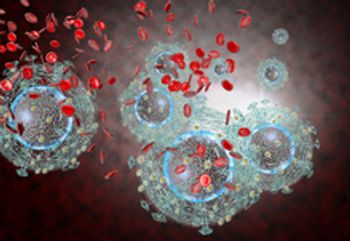
Researchers suggest that understanding the incubation period of COVID-19 and its individual strains could determine the isolation period.

The FDA approved Azurity Pharmaceutical’s omeprazole and sodium bicarbonate for oral suspension to treat benign gastric ulcers and it is predicted to reach commercial markets by next year.
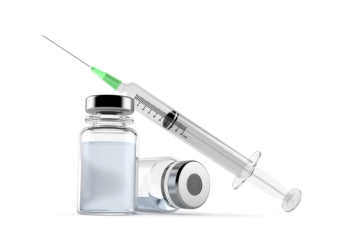
Researchers suggest that more public health measures should be taken to address disparities among adults boosted for COVID-19.
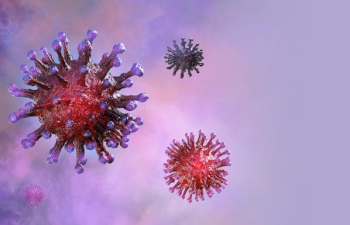
The COVID-19 pandemic impacted people experiencing homeless, though estimates remain unknown and highlights a need for more inclusive data.

The 2022 Biosimilar Survey signaled that most pharmacists are willing to incorporate biosimilars into their formularies, but certain factors are preventing widespread adoption.

DNA and RNA sequencing could provide insight about resistance to chemotherapy in patients suffering from triple-negative breast cancer.

Test can evaluate whether a patient with lymphoma will respond to CAR T-cell therapy, which could lead to better and longer lasting treatment options.

Statins have been found to moderately benefit patients with cardiovascular disease risk factors, but researchers found socioeconomic disparities among those treated with statins.

Addiction to checking the news can worsen mental and physical illness, and in many cases may require individuals to reduce, or even stop, consuming any news.

Research indicates that there is a growing amount of unusual hepatitis cases in children throughout Europe.

Very short sleep among adolescents linked to a more than 70% increased risk of obesity/overweight in children, compared to those who get optimal 8 hours.

School-aged children that self-swabbed for COVID-19 did so with almost as much accuracy as a health care provider, which could ease strain on school health care systems.

The phase 2 AXIOMATIC trials assessing milvexian met its primary endpoints, with researchers anticipating a phase 3 trial to come within the year.

The FDA approval makes olipudase alfa the first approved drug to target the physiological symptoms of the disease.

The benefits of taking a daily statin may improve as a patient grows older.
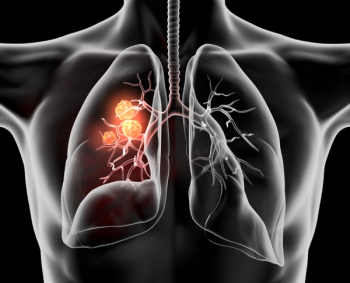
Atezolizumab meets its primary endpoint of overall survival for patients with resected non-small cell lung cancer across most subgroups.

New research suggests that icosapent ethyl can significantly decrease cardiovascular risk among former or current smokers with other cardiovascular risk factors.

Pregnant women with epilepsy showed more symptoms of anxiety and depression than healthy pregnant or non-pregnant women, but mental health screening may help.
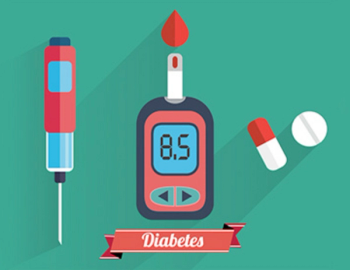
Current cases of undiagnosed diabetes may be more prevalent in certain minority groups, obese and older adults.

New research indicates that COVID-19 vaccinations did not increase the risks of preterm births or gestational issues for pregnant women, despite prior conflicting evidence.

A new study suggests that work and private life mental stressors are disrupting sleep in older employees, potentially wreaking havoc on health.

Researchers find that the risk of developing dementia increased by 35% in patients with atrial cardiopathy.
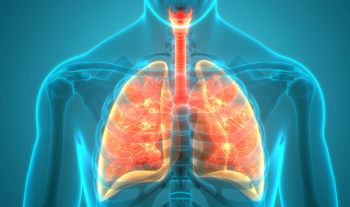
Canakinumab did not meet the primary endpoint of disease-free survival in adult patients with stages II-IIIA and IIIB completely resected non-small cell lung cancer.

In a recent survey, researchers identified rising costs, socioeconomic inequity, and drug trends as major concerns for large employers.

Early detection of chronic kidney disease is vital to preventing comorbid conditions.

Women are 70% more likely to survive stage 1 breast cancer than stage 4, and new research shows that earlier screening could catch breast cancer earlier, increasing their survival rate.
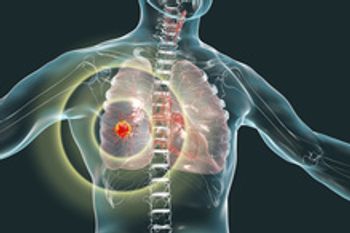
Long-term follow up on the KEYNOTE-604 study suggests pembrolizumab plus etoposide/platinum is a superior first-line therapy for small cell lung cancer vs placebo.